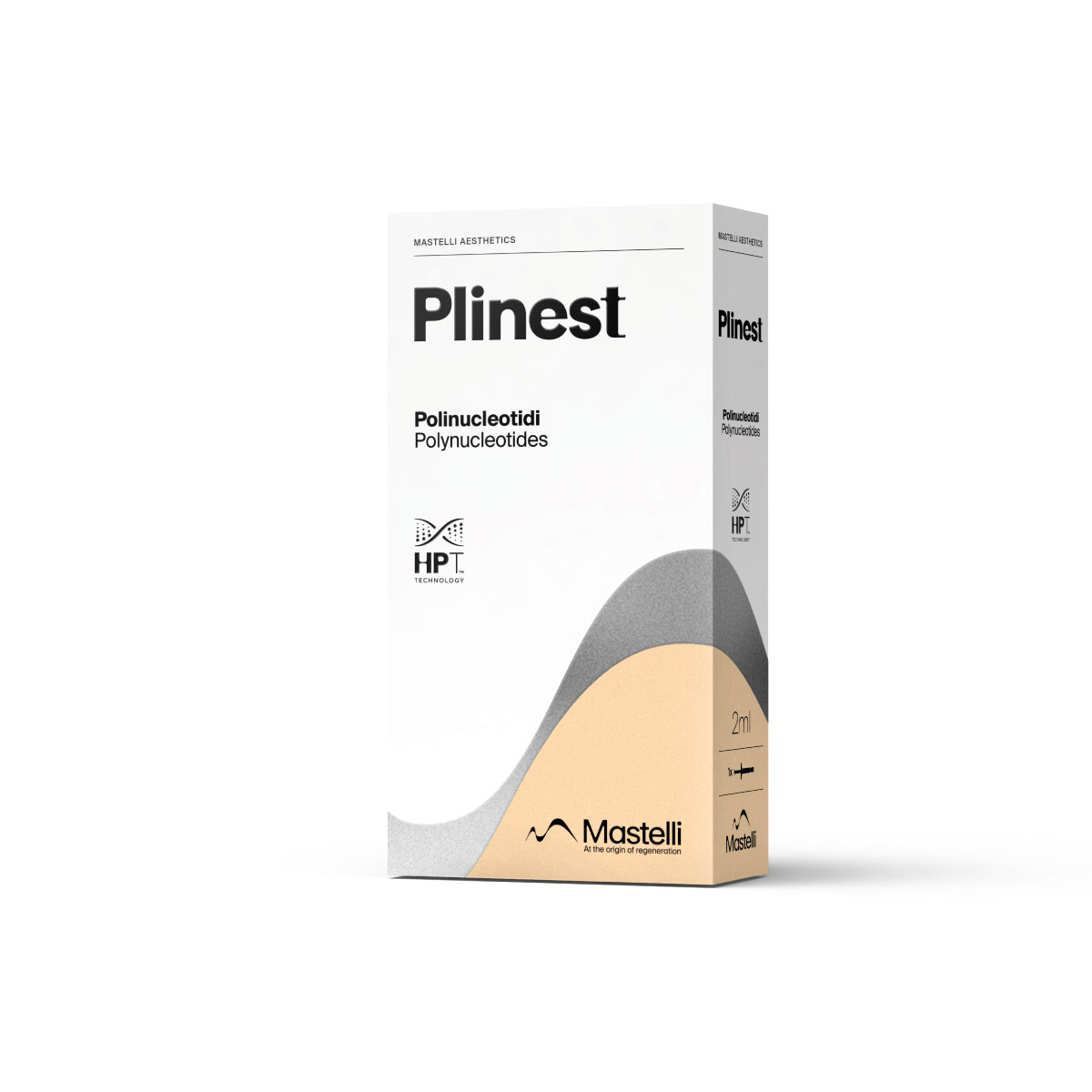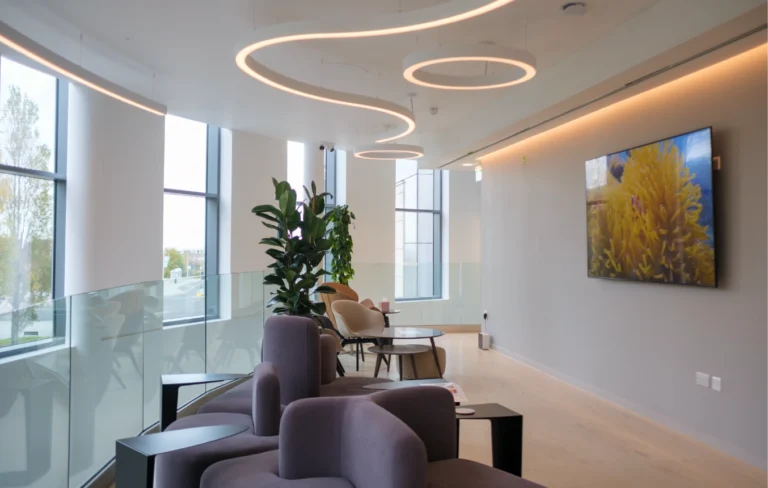
Polynucleotide treatment in Edinburgh
Experience a breakthrough in skin rejuvenation with Polynucleotide Therapy at Quaba Plastic Surgery, Edinburgh. This innovative treatment harnesses the natural regenerative power of polynucleotides to repair and revitalise your skin, offering profound hydration and tissue remodelling that transcends traditional skincare solutions.
Polynucleotide overview
Procedure
An advanced skin regeneration treatment that involves injecting polydeoxyribonucleotides (PDRN) into the skin. These DNA fragments stimulate collagen and elastin production, enhancing skin firmness and elasticity.
Key Ingredients
High-purity polynucleotides derived from salmon DNA, known for their biocompatibility and exceptional regenerative properties, deeply hydrate and rejuvenate the skin from within.
Treatment Areas
Face, neck, décolletage, and hands—addressing skin laxity, fine lines, and signs of ageing to restore a youthful appearance.
Ideal For
Individuals noticing early to advanced signs of ageing or those seeking to improve skin texture, elasticity, and hydration.
Products Used
Plinest, Plinest Eye and Newest
Suitability
Suitable for adults across various age groups, excluding pregnant or breastfeeding women and those with certain medical conditions.
Procedure Time
A course of three sessions spaced three weeks apart, each lasting around 30 minutes. Maintenance sessions may be recommended every 6 to 12 months.

Treatments
Revitalise Your Skin with Polynucleotide Therapy at Quaba Plastic Surgery in Edinburgh
Unlock your skin’s natural potential with Polynucleotide Therapy, an innovative treatment that introduces biocompatible DNA fragments into the skin to stimulate cellular regeneration. By activating fibroblasts, polynucleotides promote collagen and elastin synthesis, leading to significant improvements in skin quality, including enhanced firmness, elasticity, and hydration.
Our treatment involves precise micro-injections following a specific pattern to maximise effectiveness and comfort. The procedure is minimally invasive with little to no discomfort, eliminating the need for anaesthesia. Over approximately 28 days, the polynucleotides stimulate deep tissue regeneration, resulting in a noticeable lifting and tightening effect unattainable with conventional skin treatments.
Further information
Does It Hurt?
Patients typically experience minimal discomfort, akin to a slight sting at the injection sites. Any tenderness usually subsides within 24 to 72 hours post-treatment.
Longevity and Maintenance
Results begin to appear within 4 to 6 weeks, with effects lasting between 6 to 12 months. Individual results may vary, and maintenance sessions are recommended every 6 to 12 months to sustain optimal skin rejuvenation.
Risks and Considerations
Common side effects are mild and may include temporary redness, swelling, or bruising at injection sites. Polynucleotide treatments are renowned for their safety, with serious complications being extremely rare.
Aftercare
Following your treatment, it’s advisable to:
•Avoid strenuous exercise and excessive heat for 48 hours.
•Refrain from touching or massaging the treated areas.
•Protect your skin from direct sunlight by using sunscreen.
Adhering to these guidelines ensures the best outcomes and prolongs the benefits of the therapy.
What Is the Cost?
•£895 for a package of three treatment sessions.
•£325 for individual maintenance treatments.
FAQ
What is Polynucleotide Therapy, and how does it differ from other skin treatments available in Edinburgh?
Polynucleotide Therapy is a unique injectable treatment designed to rejuvenate and repair the skin from within. Unlike traditional fillers that add volume, polynucleotides stimulate your skin’s natural regeneration processes at the cellular level. This treatment improves skin texture, elasticity, and hydration by promoting collagen and elastin synthesis, offering a comprehensive approach to skin revitalisation.
Who is the ideal candidate for Polynucleotide treatments in Edinburgh?
Ideal candidates are individuals experiencing signs of ageing, such as fine lines, wrinkles, and decreased skin elasticity. This treatment suits adults across various age groups—from those in their late 20s seeking preventative care to older individuals aiming to revitalise mature skin. It’s especially beneficial for those looking to enhance their skin’s natural regenerative capabilities.
How many sessions are required, and what should I expect during the treatment process?
A typical course involves three sessions spaced three weeks apart. Each session lasts approximately 30 minutes and is minimally uncomfortable due to the use of fine needles and gentle techniques. Patients may feel a slight sting during injections, but anaesthesia is generally not required.
What areas can be treated with Polynucleotide Therapy?
The treatment is versatile and can be effectively applied to the face, neck, décolletage, and hands—areas commonly affected by ageing and environmental factors. It effectively addresses skin laxity, fine lines, and hydration issues in these regions.
Is there any downtime after a Polynucleotide session, and what aftercare is recommended?
There is minimal to no downtime, allowing you to resume daily activities promptly. Aftercare includes avoiding strenuous exercise, excessive heat exposure, and direct sunlight for 48 hours post-treatment. Mild redness or swelling may occur but typically resolves within a few days.
How long will the results from Polynucleotide Therapy last, and are there any long-term benefits?
Results can last between 6 to 12 months, with improvements becoming more apparent over several weeks as collagen and elastin production increases. Long-term benefits include enhanced skin quality, elasticity, and a naturally rejuvenated appearance. Regular maintenance sessions help sustain these results over time.
Where can I get Polynucleotide treatments in Edinburgh, and how do I choose a provider?
Polynucleotide treatments are available at Quaba Plastic Surgery in Edinburgh. When choosing a provider, consider factors such as the practitioner’s experience, clinic reputation, and patient testimonials. Selecting a clinic that offers comprehensive consultations and personalised treatment plans is crucial to ensure optimal results.
